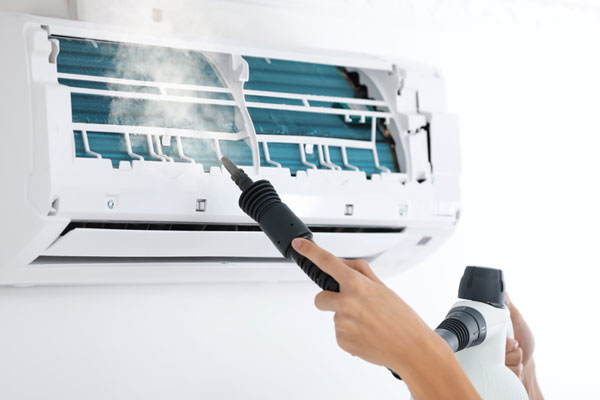When it comes to maintaining comfort in your home, a properly functioning HVAC system is crucial. However, even the most reliable systems can encounter issues from time to time. Understanding some common problems and having quick fixes and solutions at hand can help you keep your HVAC system running smoothly. One common issue homeowners face is inadequate heating or cooling. This problem could stem from various causes, such as dirty air filters, blocked vents, or thermostat malfunctions. A quick fix for this is to check and replace dirty air filters regularly, ensuring proper airflow. Additionally, make sure all vents are open and unobstructed to allow air to circulate freely. If the thermostat is the culprit, recalibrating it or replacing its batteries might solve the issue. Another frequent problem is uneven heating or cooling throughout the house. This can be caused by factors like leaky ductwork, improper insulation, or a malfunctioning HVAC unit.

One solution is to inspect the ductwork for leaks and seal them with duct tape or mastic sealant. Improving insulation in areas where heat or cool air escapes can also help regulate temperatures more effectively. Additionally, scheduling regular maintenance for your HVAC system can address any underlying issues contributing to uneven heating or cooling. A noisy HVAC system is often a source of annoyance for homeowners and Contact Us. Squealing, rattling, or banging noises could indicate various problems, such as loose components, worn-out belts, or debris in the system. A quick fix for this is to tighten loose screws and bolts, replace worn-out belts, and remove any debris from the unit. However, if the noise persists, it might be wise to call a professional technician to diagnose and repair the issue properly. Poor indoor air quality is another common concern for many homeowners. Dust, allergens, and pollutants circulating through the HVAC system can exacerbate respiratory issues and cause discomfort. To address this problem, regularly clean or replace air filters to trap contaminants effectively. Consider installing additional air purifiers or ventilation systems to improve indoor air quality further.
Moreover, maintaining proper humidity levels in your home can prevent mold and mildew growth, contributing to better air quality. Lastly, frequent cycling on and off or unusually high energy bills could indicate an inefficient HVAC system. This could be due to factors like dirty coils, refrigerant leaks, or outdated equipment. To improve efficiency, schedule regular maintenance checks to clean coils, check refrigerant levels, and ensure all components are functioning correctly. Upgrading to a more energy-efficient HVAC system or implementing programmable thermostats can also help reduce energy consumption and lower utility bills over time. In conclusion, understanding common HVAC problems and having quick fixes and solutions at hand can help you maintain a comfortable and efficient home environment. By addressing issues promptly and scheduling regular maintenance, you can ensure your HVAC system operates effectively and prolong its lifespan. If problems persist or escalate, do not hesitate to seek professional assistance to avoid further damage or costly repairs.
